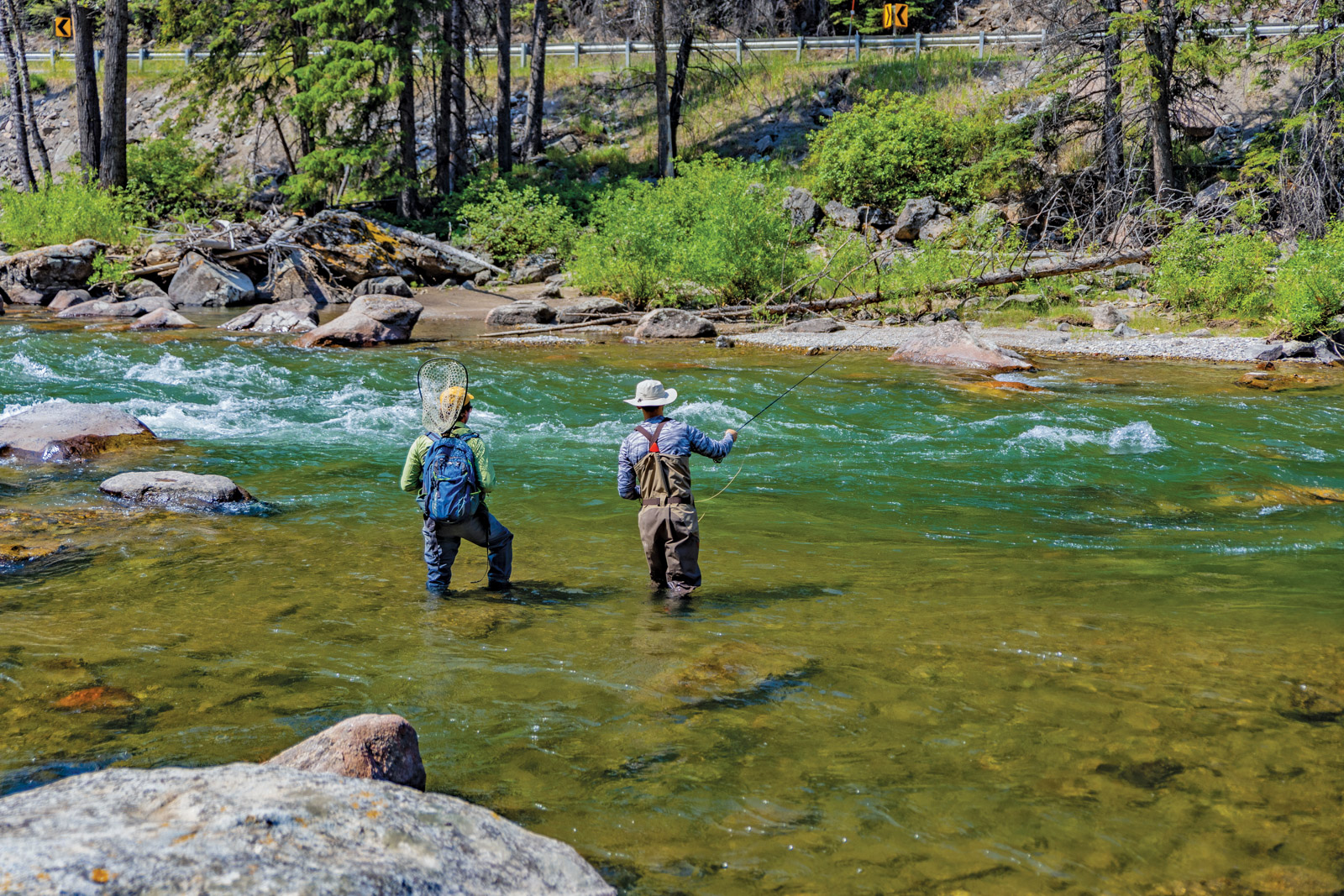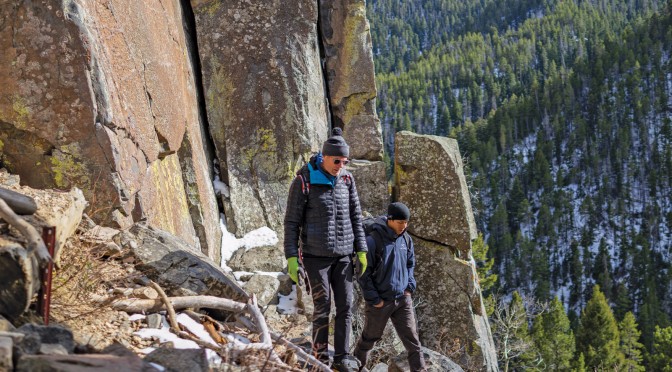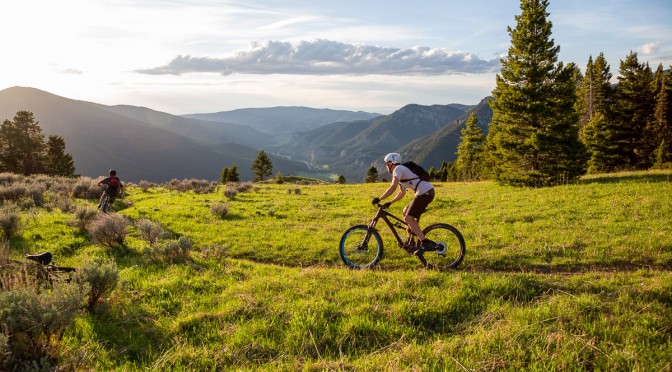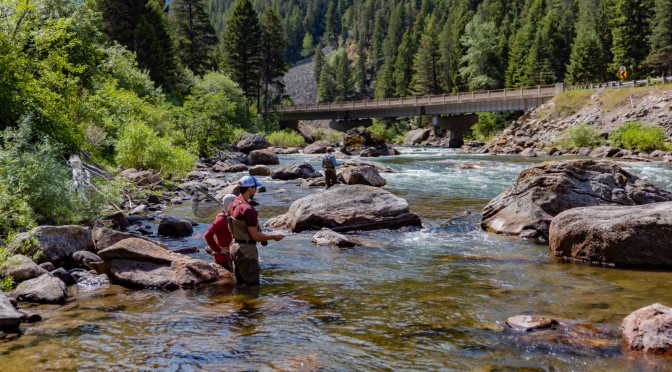by Jack Taylor
No matter which outdoor sport or activity you’re involved in, no matter what your ability level, no matter how long you’ve been doing it—having a good mentor will surely improve your experience. There will always be someone better than you, and that’s a great thing, because it means you’ll have a chance to improve. Finding a good mentor might be easier said than done, but with the right attitude, it can be a breeze.
The most important quality to look for in a mentor is compatibility. You’re going to spend time with this person, so make sure that you get along! Even if someone is extremely experienced or knowledgeable, you’re not going to get a lot out of the partnership if you find the person abrasive, contentious, or difficult to talk to. So, first things first: make a friend.
Where can you find a friend-and-mentor? Your best bet is to hang out where you imagine such a person would be hanging out. Looking for a river buddy? Head to the take-out. Climbing pal? Hit the crag. Even if you don’t have any skills or know-how, just start talking to people. Ask about what they’re doing, and offer a favor—like running a river shuttle or giving a belay. Don’t know how to do those things? This is where you start learning!
For the technologically inclined, Facebook groups can provide a platform for connecting with mentors. Most popular activities in the area have online groups, and it’s common for folks who are new to the area or sport to post publicly about seeking guidance.
As you begin to build a relationship with your mentor and build experience in your activity, recall that many folks have been in your position as a newbie. In fact, everyone who is good at something was one a complete novice at it. Even your mentor. All that to say, it’s natural to feel nervous, intimidated, and uncomfortable when trying new things. Working through these feelings is fun and rewarding, and leads to gaining confidence.

Once you gain confidence, don’t be afraid to flaunt it. Your mentor ought to be enthralled that you’re finding your way along the path to excellence. Still, remain humble. There is always more to learn, and you’ll probably learn techniques or practices early on that should be adjusted or amended as you gain experience. Don’t be afraid to change your ways, or even to find a new or additional mentor.
Also, don’t be afraid to be skeptical. One aspect of a mentor-mentee relationship that can occasionally lead to trouble is known as the “expert halo,” wherein a mentee views a mentor’s practices as unequivocally right and correct. More often than not, there are many different ways to “do it right.” So speak up if you have a question, or if something looks off. It’ll lead to a learning moment, and could even prevent a mishap.
Lastly, if you’ve had a good mentor and have come to proficiency in your chosen activity, pay it forward by taking on a mentee of your own. Bringing a new soul into the realm of your passion is an exciting and rewarding experience. You’ll see reflections of your past self as your mentee works through challenges and overcomes obstacles. You’ll become more confident in your own skills by teaching someone else, which will lead you to having more fun. And best of all, you’ll have one more new adventure buddy to get out there with. So don’t be shy—get out and make it happen.



